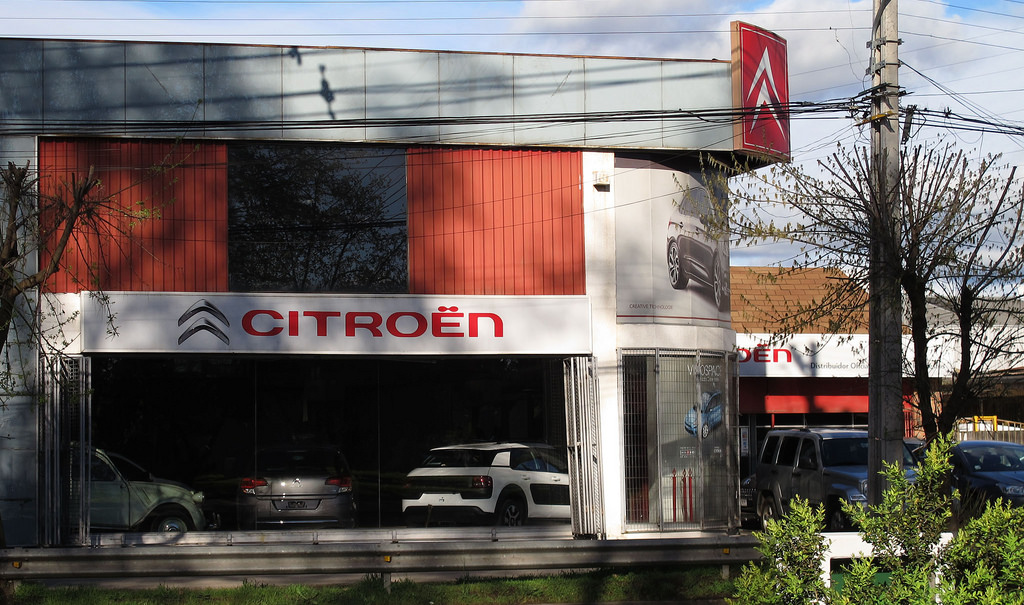In his opinion, the forced electrification will only redirect cash flows to Asian component manufacturers.
"Despite the violence, which automakers were subjected to, I have no doubt that we will achieve the goals assigned to us. The decision of the European Parliament = is a dictate that forces to reduce emissions by 40%, although manufacturers asked for 20%. We have deadlines - 2020, 2025, 2030... By this time, if companies do not sell enough electric vehicles, they will be destroyed with fines," said Tavares.
While Brussels reflects on the rules of competition within the EU, pragmatic heads of car companies have to pre-purchase large volumes of batteries from China: "Asian suppliers meet us with a wide smile... they are happy about this restriction, which puts pressure on us and allows them to set a price".
According to head of PSA Peugeot-Citroen, about "40% of the cost of cars will be exported to Asia." He himself is skeptical about the transfer of vehicles to electric traction.
Many countries are stimulating transition to environmental transport. In 2030, Sweden will stop the sale of cars with internal combustion engines. This is one of the key points of the program of the new government. Sweden is the tenth country that has named a specific date for termination of registration of new cars with gasoline or diesel engines.
Five years before Sweden, already in 2025, neighboring Norway intends to abandon motor vehicles with internal combustion engines. Here, almost every second passenger car sold in 2018 used electric power. The share of clean electric vehicles was 31.2%, the rest were plug-in hybrids, having both an electric motor and a gasoline engine.
Apparently, in 2030 Sweden will be in the same group with Denmark, Israel, Ireland, Iceland, the Netherlands (as well as the French capital Paris). All of them, too, announced their intention to stop registering cars with internal combustion engines in a little over ten years.
source: lefigaro.fr
"Despite the violence, which automakers were subjected to, I have no doubt that we will achieve the goals assigned to us. The decision of the European Parliament = is a dictate that forces to reduce emissions by 40%, although manufacturers asked for 20%. We have deadlines - 2020, 2025, 2030... By this time, if companies do not sell enough electric vehicles, they will be destroyed with fines," said Tavares.
While Brussels reflects on the rules of competition within the EU, pragmatic heads of car companies have to pre-purchase large volumes of batteries from China: "Asian suppliers meet us with a wide smile... they are happy about this restriction, which puts pressure on us and allows them to set a price".
According to head of PSA Peugeot-Citroen, about "40% of the cost of cars will be exported to Asia." He himself is skeptical about the transfer of vehicles to electric traction.
Many countries are stimulating transition to environmental transport. In 2030, Sweden will stop the sale of cars with internal combustion engines. This is one of the key points of the program of the new government. Sweden is the tenth country that has named a specific date for termination of registration of new cars with gasoline or diesel engines.
Five years before Sweden, already in 2025, neighboring Norway intends to abandon motor vehicles with internal combustion engines. Here, almost every second passenger car sold in 2018 used electric power. The share of clean electric vehicles was 31.2%, the rest were plug-in hybrids, having both an electric motor and a gasoline engine.
Apparently, in 2030 Sweden will be in the same group with Denmark, Israel, Ireland, Iceland, the Netherlands (as well as the French capital Paris). All of them, too, announced their intention to stop registering cars with internal combustion engines in a little over ten years.
source: lefigaro.fr





